- Phone: +91 9820084609
- Email: info@it.bharatenterprisez.com
- Opening Hours: 08:00am to 06:00pm
Digital marketing refers to promoting products or services through digital platforms like websites, social media, email, and search engines. It allows businesses to connect with their audience online, making it an essential strategy in today’s technology-driven world
The internet is where your audience lives, and people now turn to online platforms for everything—from shopping for products and services to seeking answers to their questions and solving problems. Digital marketing ensures that businesses are present in the spaces where customers are actively looking, offering personalized and immediate solutions. With tools like SEO, businesses can enhance their online visibility and attract organic traffic by appearing in search results when users search for relevant keywords. Social media platforms allow for direct engagement with audiences, enabling brands to build relationships and create community.
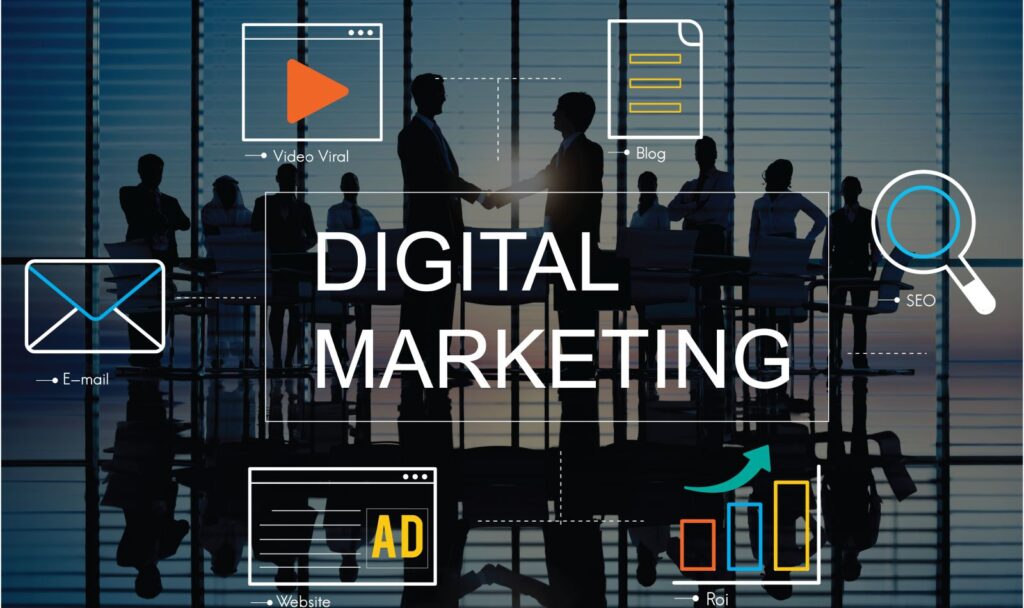
While traditional marketing uses mediums like TV, print, and radio, digital marketing is more interactive, measurable, and cost-effective. It allows businesses to target specific audiences with precision.
Digital marketing involves a range of strategies, tools, and channels to promote products or services online. Here are the key components:
SEO is the backbone of digital marketing, enhancing your website’s visibility on search engines like Google and attracting organic traffic. It involves multiple components that work together to improve rankings and drive user engagement. On-page SEO focuses on optimizing website elements such as content, keywords, meta tags, and internal links to ensure relevance and user-friendliness. Off-page SEO complements this by building authority through backlinks, social signals, and brand mentions, signaling credibility to search engines. Technical SEO ensures the website operates efficiently with fast loading times, mobile responsiveness, secure HTTPS protocols, and proper indexing.
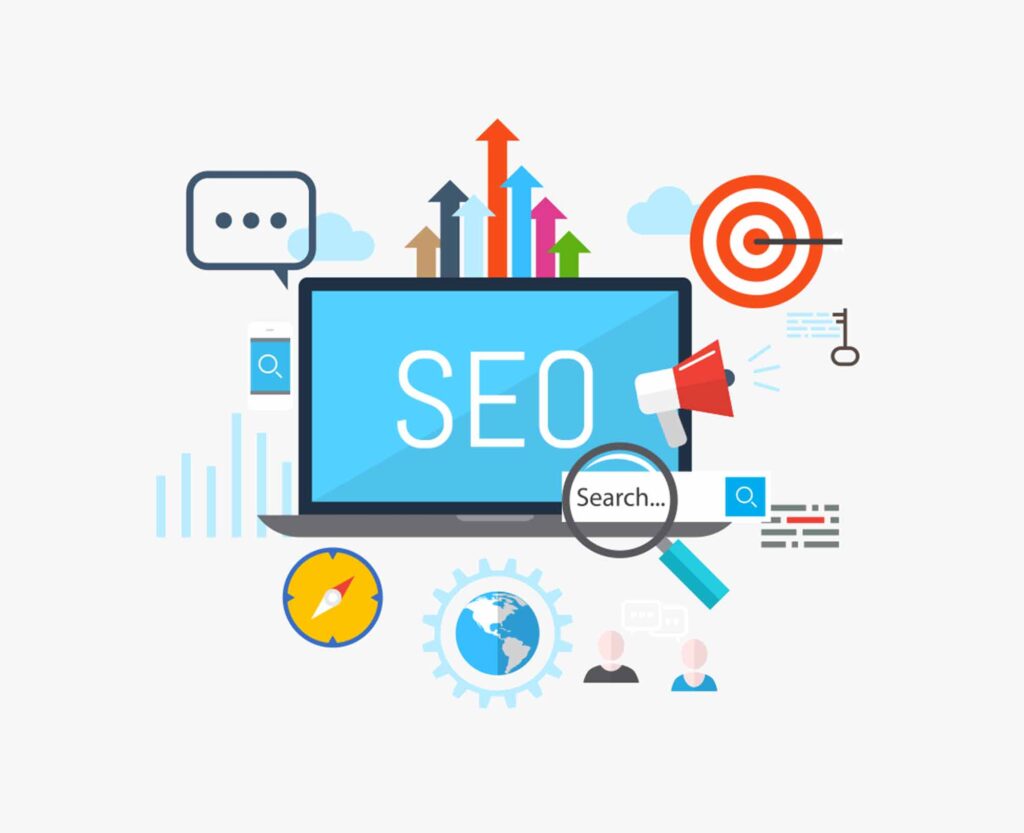
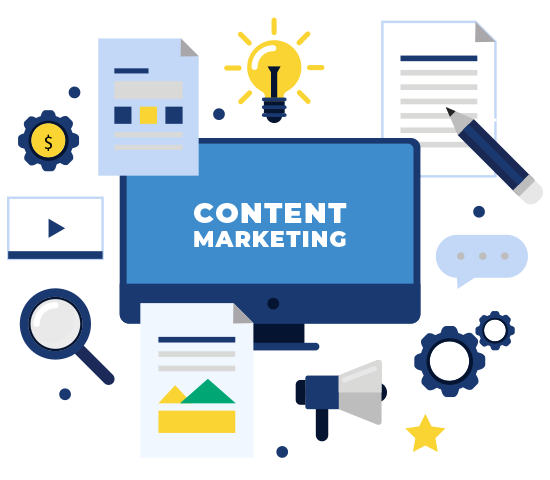
Content is king in the digital realm, forming the foundation of successful online engagement and marketing strategies. High-quality, engaging content not only establishes authority in your niche but also attracts readers, builds trust, and drives conversions. By addressing the needs and interests of your audience, great content encourages them to engage with your brand and take action. Popular formats include blogs, which improve SEO and provide valuable insights, videos for storytelling or tutorials, infographics to simplify complex ideas with visuals, and podcasts that offer a convenient, on-the-go experience. Additionally, formats like eBooks, case studies, and webinars provide in-depth education and are powerful tools for lead generation. Consistent publishing, paired with a deep understanding of audience preferences, ensures content resonates and adds value.
Platforms like Facebook, Instagram, LinkedIn, and TikTok are essential for building brand awareness and connecting with your audience. These platforms allow businesses to showcase their offerings, share their stories, and engage creatively with potential and existing customers. Regularly posting high-quality, relevant content, such as updates, user-generated content, or interactive posts like polls and quizzes, helps maintain visibility and fosters a sense of community. Engaging with followers through comments, messages, and shares strengthens relationships, building trust and loyalty. Additionally, targeted advertising capabilities on these platforms, such as Facebook Ads or TikTok Ads, enable businesses to reach specific audiences based on demographics, interests, and behaviors. Each platform serves unique purposes—Instagram and Facebook excel in visual storytelling, LinkedIn is ideal for professional networking, and TikTok thrives on creativity and trends.

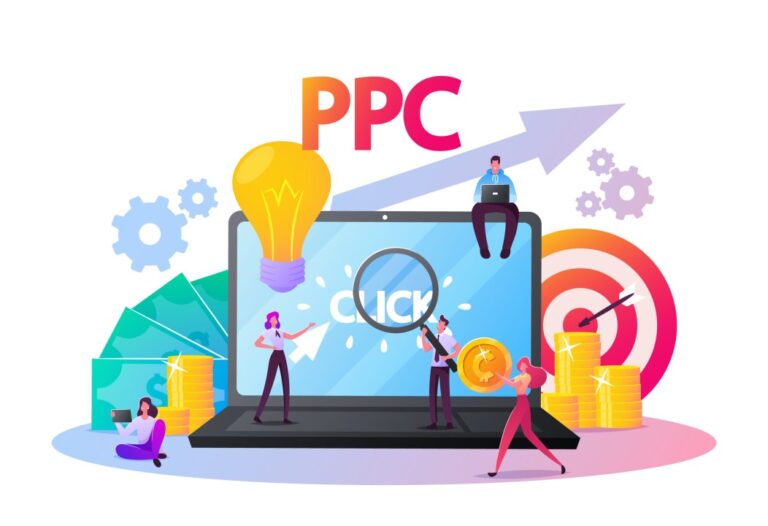
PPC campaigns, such as Google Ads, provide businesses with a powerful way to achieve quick visibility by bidding for ad placements in search results or on display networks. These ads are triggered when users search for relevant keywords, ensuring that your business appears in front of a highly targeted audience actively seeking your products or services. PPC offers measurable results, allowing businesses to track impressions, clicks, and conversions in real time. With advanced targeting options, campaigns can focus on specific demographics, locations, devices, and even user behaviors. Additionally, platforms like Google Ads offer tools like ad extensions, which enhance visibility by including phone numbers, site links, or reviews directly in the ad. Well-optimized PPC campaigns not only increase website traffic but also support lead generation and sales by driving high-intent users to action.
Collaborating with influencers who resonate with your brand can significantly expand your reach and enhance your credibility. Influencers have the ability to connect with large, engaged audiences, making them an effective channel for promoting your products or services. The key to a successful influencer marketing campaign is selecting influencers whose followers align closely with your target audience. This ensures that your message reaches the right people, maximizing engagement and conversion potential. Whether it’s through product reviews, unboxing videos, sponsored posts, or social media mentions, influencer partnerships offer authentic and relatable content that can build trust with potential customers.
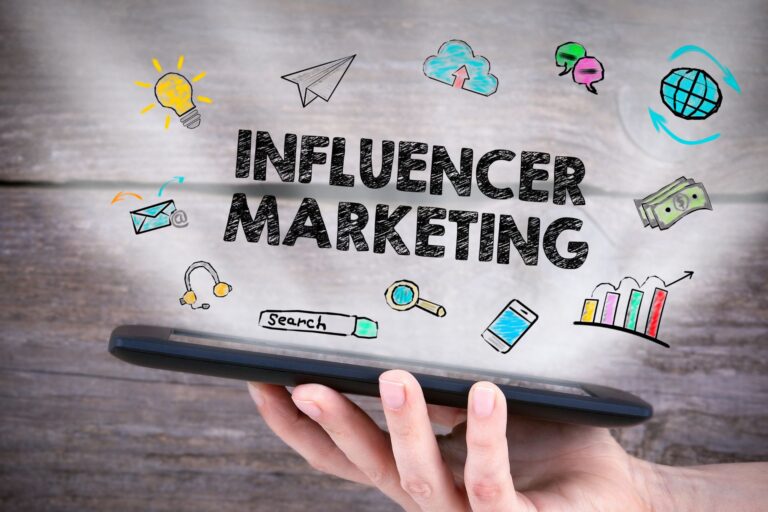

Email remains one of the most powerful tools for nurturing leads and maintaining ongoing communication with your audience. Regular newsletters provide an opportunity to keep your subscribers informed about your latest products, services, updates, and industry news, helping to build trust and authority. Personalized email campaigns take this a step further by tailoring content to the specific interests, behaviors, and preferences of individual subscribers. This level of customization enhances the relevance of your messages, making them more likely to resonate with your audience. Whether it’s promoting a limited-time offer, sending a welcome email, or re-engaging dormant leads, email marketing allows businesses to stay top-of-mind and guide potential customers through their buying journey. By leveraging segmentation and automation tools, companies can send targeted messages at the right time, increasing the chances of conversion.
Compared to traditional methods, digital marketing offers higher ROI with lower costs, making it accessible for businesses of all sizes.
With analytics tools, you can track campaigns in real-time, understanding what works and optimizing accordingly.
Digital marketing breaks geographical barriers, enabling businesses to connect with audiences worldwide.
Define clear, measurable objectives like increasing website traffic, generating leads, or boosting sales.
Understand your target audience’s preferences, behavior, and pain points to tailor your strategies effectively.
Not all platforms work for every business. Focus on channels where your audience spends most of their time.
AI-powered tools can predict consumer behavior, personalize marketing, and automate tasks, revolutionizing digital strategies.
As smart devices grow, optimizing for voice and visual search will become essential to stay relevant.
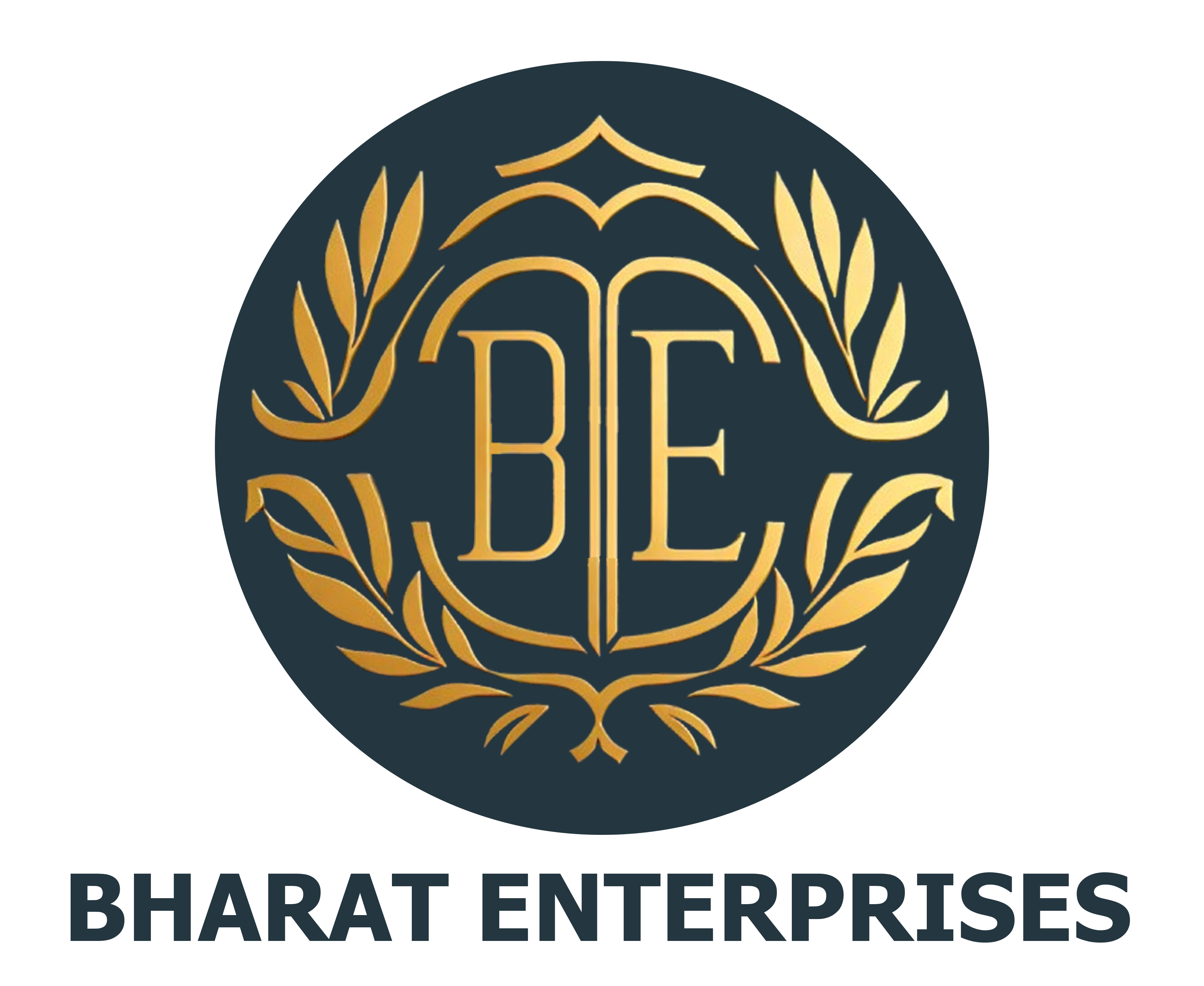
At Bharat Enterprises, we pride ourselves on delivering world-class services that help businesses operate smoothly and expand globally. With a focus on legal consultancy, IT solutions, manpower…..
© Copyright 2024 by Bharat Enterprises